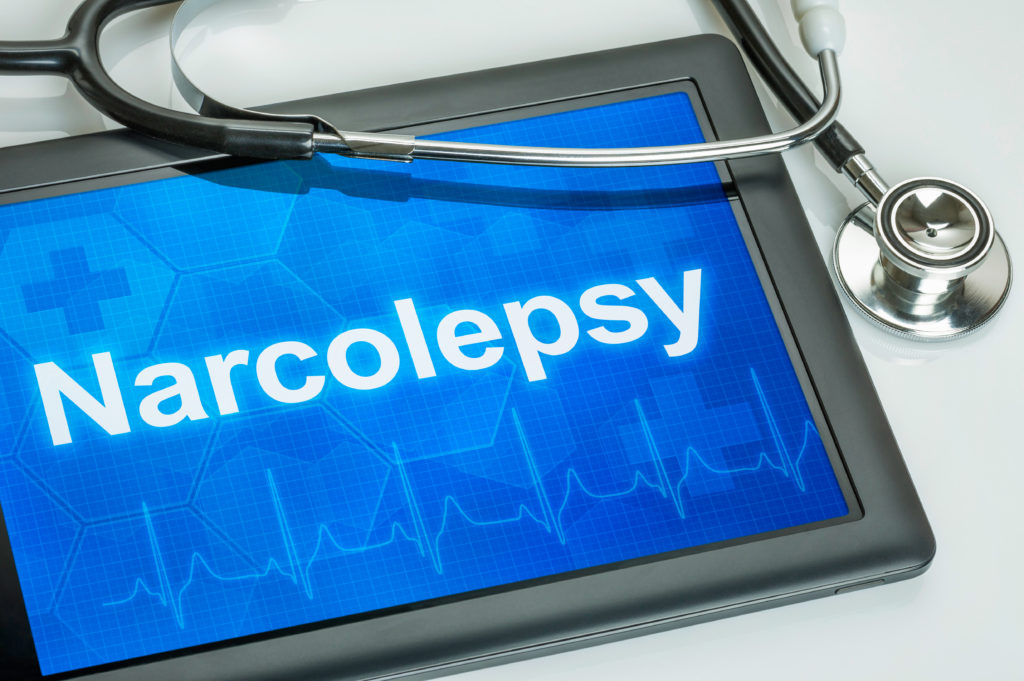
What is narcolepsy?
Narcolepsy is a chronic neurological disorder of excessive daytime sleepiness. It may occur with other symptoms such as cataplexy (brief, sudden loss of muscle tone with retained consciousness), sleep paralysis (a sense of paralysis on waking from sleep), insomnia, and hallucinations, and symptoms vary from person to person which can make diagnosing and managing this condition difficult. Narcolepsy is caused by an abnormality with the part of the brain that controls sleep and seems to occur as an immune-mediated response to a trigger in genetically susceptible individuals. For much more detailed information on narcolepsy, please check out SleepHub
How can psychology help Narcolepsy?
Psychology is not the first step in narcolepsy diagnosis and management, however, it is an important part of treatment and learning to manage this complex condition. Adjusting to a diagnosis of narcolepsy can take a bit to get your head around. A psychologist who understands the disorder and the impact it can have on your life can make this transition a little easier. In addition, a psychologist can help you proactively manage healthy lifestyle and sleep behaviors that may improve and help you cope with your daytime sleepiness and fatigue symptoms. These may be activities such as scheduled naps, exercise, and connecting with others. Strategies utilized in the treatment of insomnia can also be taught to you to assist in getting better quality sleep at night to support your daytime functioning.
What do I do if I think I have Narcolepsy?
If you are having issues with daytime sleepiness and think it could be narcolepsy, the first step is to talk to your doctor. Your doctor will look for other things that might be contributing to your sleepiness and fatigue symptoms. The next step is to seek a referral to a sleep physician or neurologist at a specialist sleep center, such as St Vincent’s Hospital Sleep Centre, Melbourne Sleep Disorders Centre, or Monash Healthy Sleep Clinic.